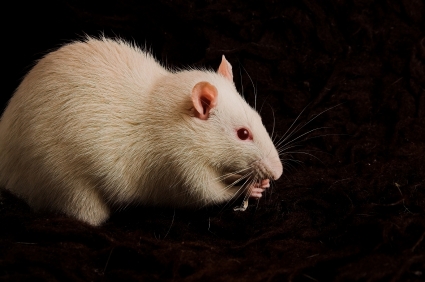Why is conventional agriculture so wound up? Are they afraid of organic agriculture? What’s all the fuss about? After all, a recent study by the Lieberman Research Group showed that organic food sales account for only 3.5 percent of all food product sales in the U.S.
A September 2009 Prairie Farmer article , “Here is what’s not sustainable,” leads me to believe that the author, a spokesperson for conventional agriculture, dislikes and even fears organic farming and its supporters.
The author admits to feeling self-satisfaction in knowing that organic farmers are suffering in a falling economy, I doubt many people share her sentiments. Farmers generally have the attitude that “we are all in this together”, no matter what farming practices we use.
Still, Michael Pollan has conventional agriculture circling its wagons, Michelle Obama has an organic garden, and organic farmers are accused of riding the backs of conventional farmers.
Most farmers I know, (not all but most), see organic farming as just another way to farm, curious, perhaps a bit backward, but to most conventional farmers organic farming doesn’t even register. With agribusiness however, it’s another story. They’re not content with just 96.5 percent of the food system, they want it all.
Those who have their priorities confused, need to figure out who their enemies really are.
Conventional farm milk prices have dropped by nearly 50 percent over the past year. Dean Foods controls 80 percent of the fluid milk market in some states and 40 percent of the market in the U.S.; their net profits more than doubled in the last year.
Conventional hog farmers have experienced losses for two straight years. Tyson, the second largest food company in the U.S., controls 40 percent of the U.S. meat market. They reported a profitable third quarter for every segment of their business, including pork.
When the farm price for beef cattle dropped 8 cents per pound, consumers were paying 17 cents more per pound at the supermarket. Average retail beef processing margins across all companies, increased 13 percent over 2008.
And guess what, none of that was caused by organic farmers.
Corporate agribusiness has a problem with organic farmers because they haven’t yet figured out a way to totally bleed them like they have conventional farmers. But as surely as corporate agriculture is working its way into the organic market, we suffer from their growing control.
While farm prices have trended downward for the past couple of years, food price decline has lagged far behind. As farm input costs have continued to climb, so have corporate profits.
Even in the toughest of economic times, the corporate buyers and sellers profit while farmers loose. A recent New York Times editorial points out the dangers of powerful corporations (specifically Monsanto); controlling seed supplies, their market control, and their anticompetitive behavior.
Agribusiness spends multi-millions on lobbyists. Their lobbying efforts are aimed at increasing their profits, not farmer income or benefits to the consumer. They lobby for more cheap raw imports, less labeling, less restrictions on pesticide use, and weaker environmental standards.
The Prairie Farmer tells us anyone who believes organic, sustainable, and locally grown is the only way to feed the world is wrong. Contrary to their opinion, there is plenty of evidence that organic production is a viable means of producing food and that organic farming may be the best way for the world to feed itself.
Since we are all in this together, perhaps we can dismiss the ill will of the Prairie Farmer editorial and agree that there is more than enough room for all responsible farmers to do their thing, conventional or organic?
Corporate agribusiness is riding roughshod over all farmers and it’s time farmers recognized their real enemy.



